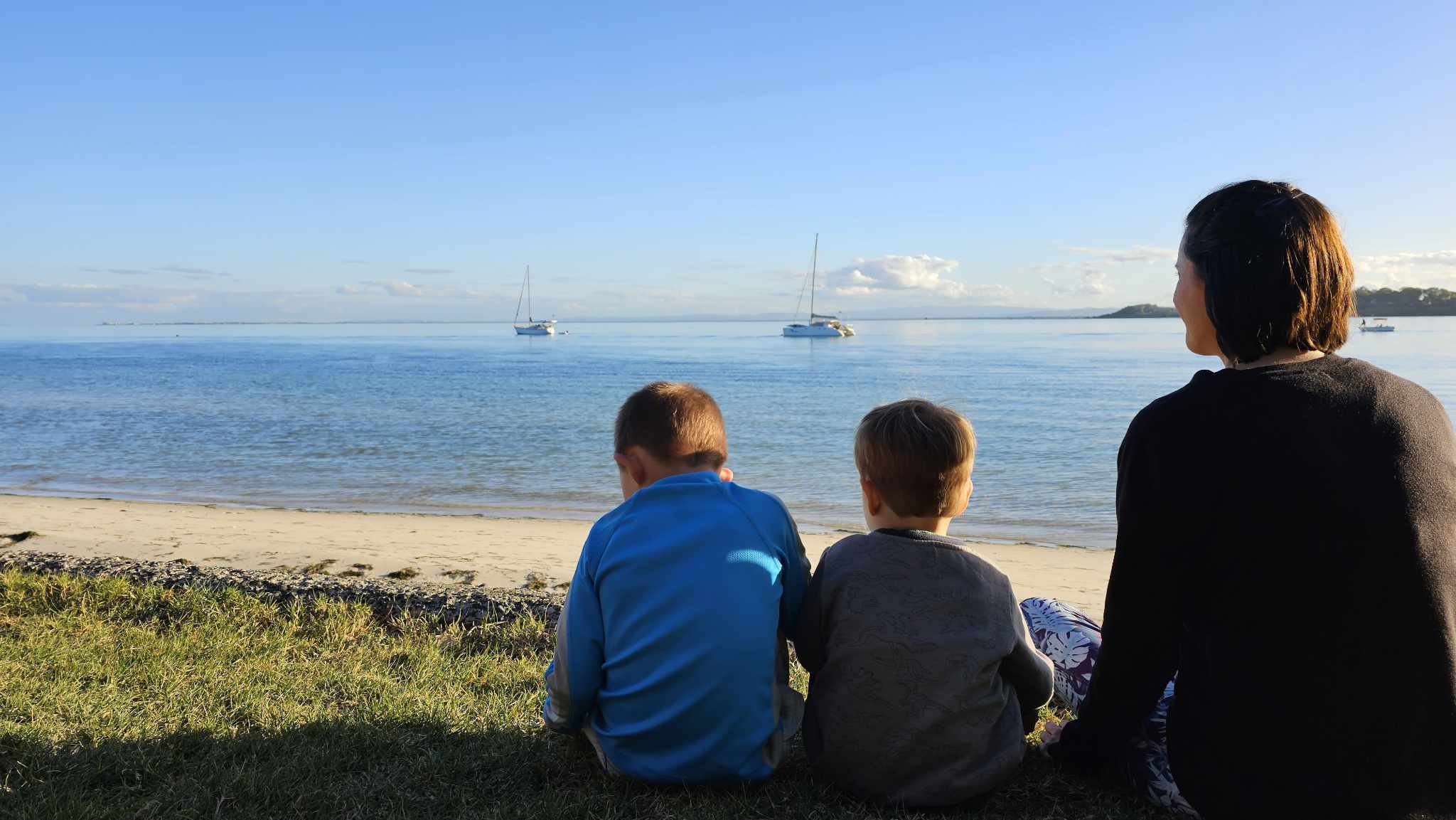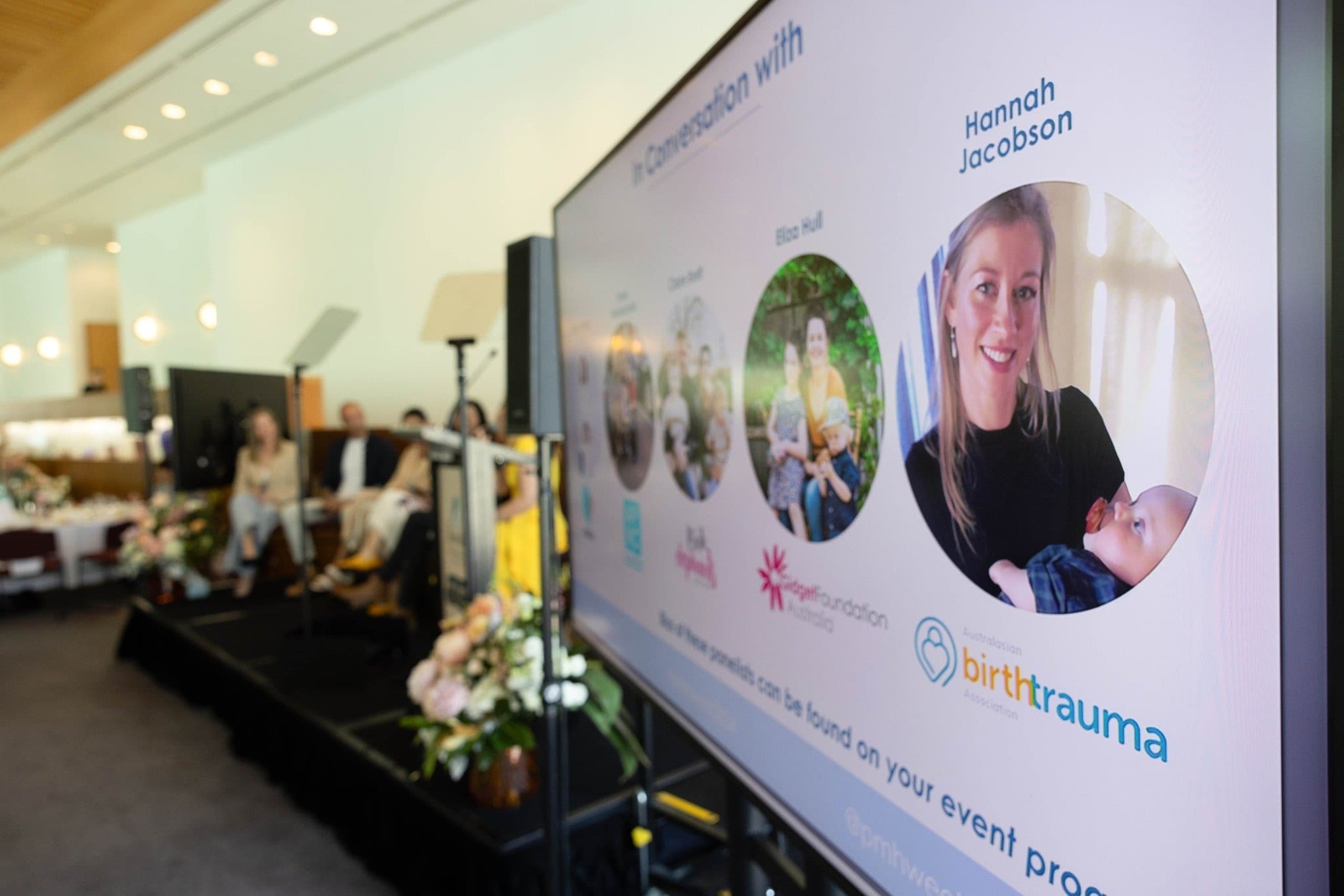Trigger Warning: This story offers a dad’s advice for coping with birth trauma, and discusses postnatal depression and anxiety. If you are triggered by these topics you may wish to skip this blog or read it once you have support available. If you are seeking support for your birth trauma, you may wish to contact our Peer Support Service.
Despite a far from linear pregnancy, my wife and I could never have prepared for what followed during our birth. Birth trauma is something I experienced firsthand as a father and birthing partner after witnessing the complex series of events that unfolded when my wife was bringing our youngest son into the world.
Understandably, my wife was in shock, in stages semi-conscious and dissociated. Meanwhile I was fully aware and experiencing the scary, catastrophic series of events unfolding right in front of me, feeling completely ill-equipped, helpless and unable to protect my wife and unborn child; a feeling that no partner or parent should ever have to experience.
What happened during our traumatic birth experience changed me. It changed me as a husband, a father, a son, a mate and, most importantly, as a person. When you watch your whole world and their lives flash before your eyes you really start to truly believe you’ll be leaving the hospital without them. The thought of having to tell our son at home why mummy and his longed-for baby brother weren’t coming home with me turned into a real possibility. That thought has played over and over.
Almost two years on and we’ve been on our journey of healing. We’e been open and vocal about early debriefing, and seeking early and ongoing support for our respective trauma. If you’ve experienced birth trauma, take it from me: openly talk about it, start those hard conversations and continue them, and seek support so you can move forward from it. Processing your journey might change you, but that doesn’t have to be a bad thing. Take the time to understand your own experience and work it through.
Despite what you experienced, I get it – you may be juggling many roles, supporting your wife/partner; work and other responsibilities; and parenting your new baby and other children at home. But we need to remind ourselves that during this postnatal period, fathers and partners are also vulnerable to postnatal depression and anxiety, and may find it hard to get the support they need or feel ashamed that they need it in the first place and adopt a ‘she’ll be right’ mentality. I strongly encourage any father, husband or partner who carries the weight of a traumatic birth experience to seek support early and take part in the process alongside your partner. As birth partners and fathers, we are not immune to experiencing trauma. It can be confronting, confusing, it can be hard to piece together, and fearing the life of your partner and your baby or the physical and emotional toll that your unique birth involved is something that no birth partner should feel they need to tackle alone.
Make that appointment with your GP to get help and support, reach out to ABTA and their readily available resources, speak openly to your partner and mates, seek advice and support – you’ll be glad you did. You owe it to yourself, your partner, your family and your future.
If you would like to connect with a person who has experienced birth-related trauma, please contact our Peer2Peer Support service to connect with one of our Peer Mentors.




